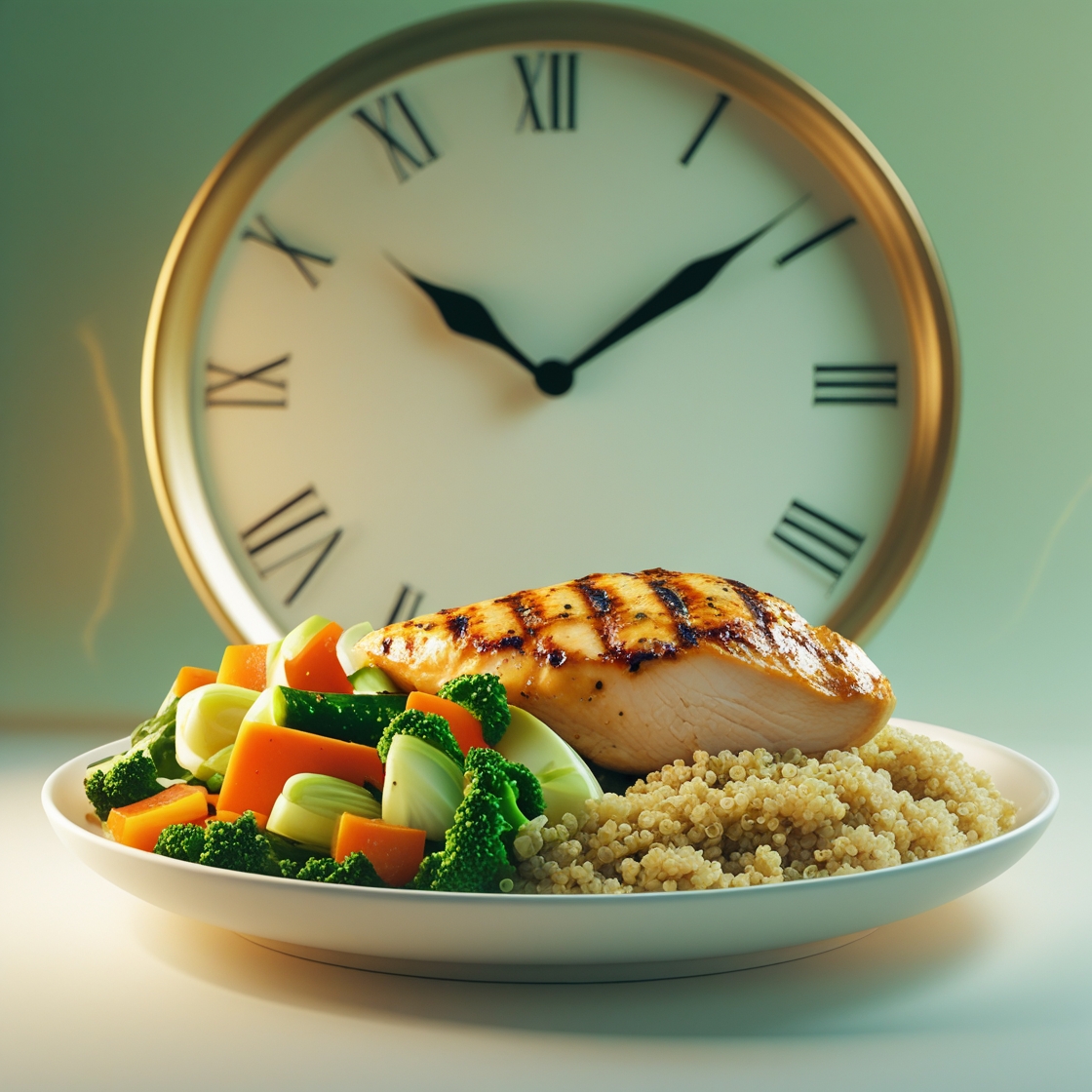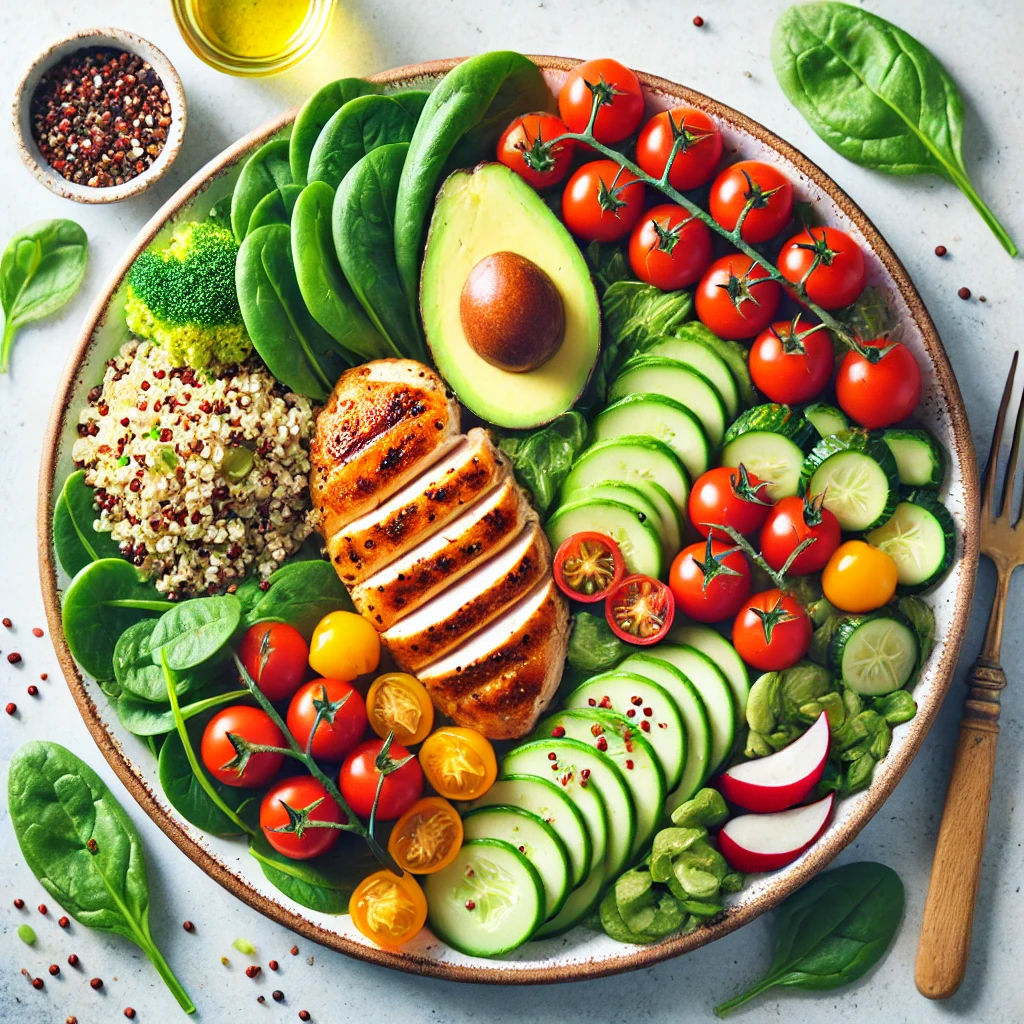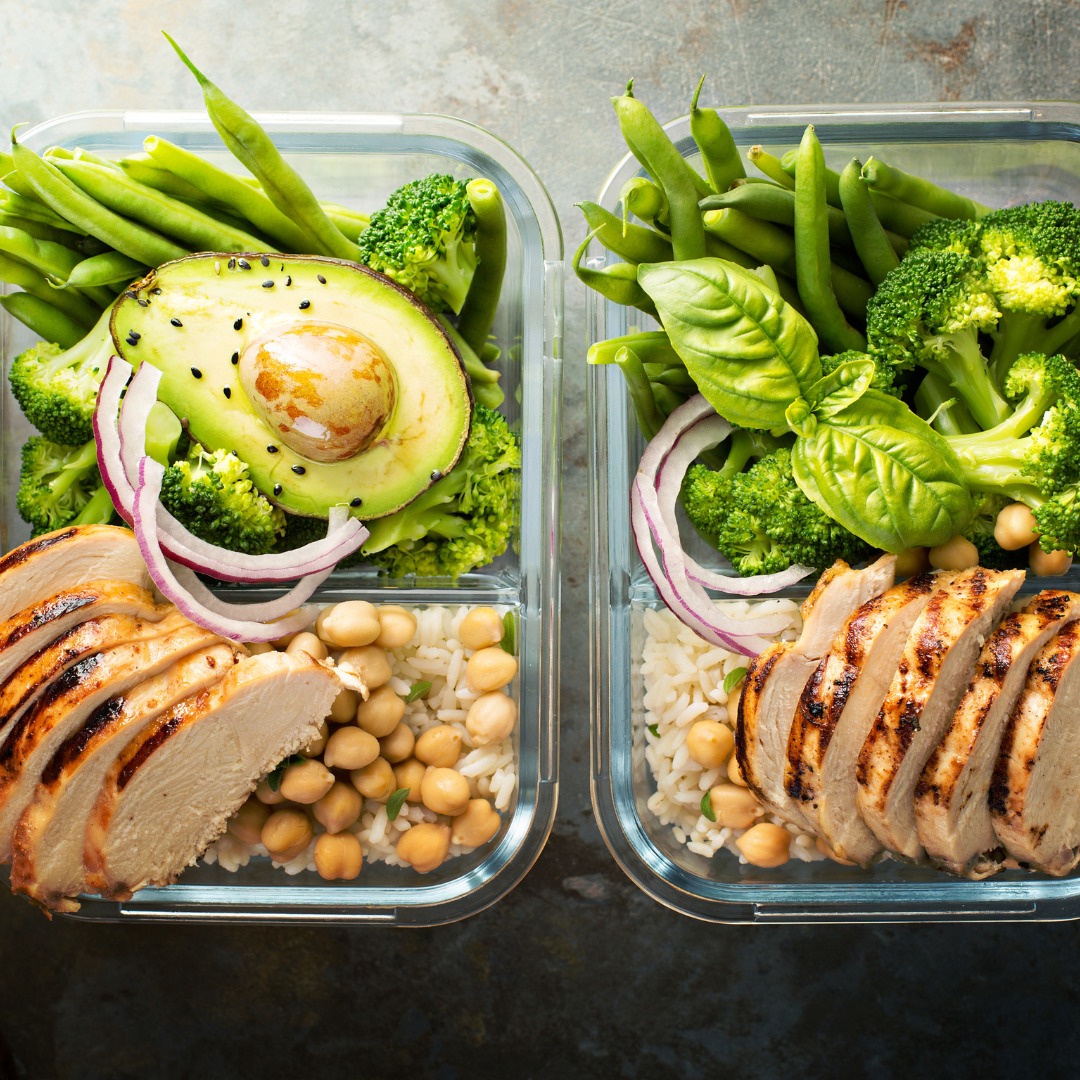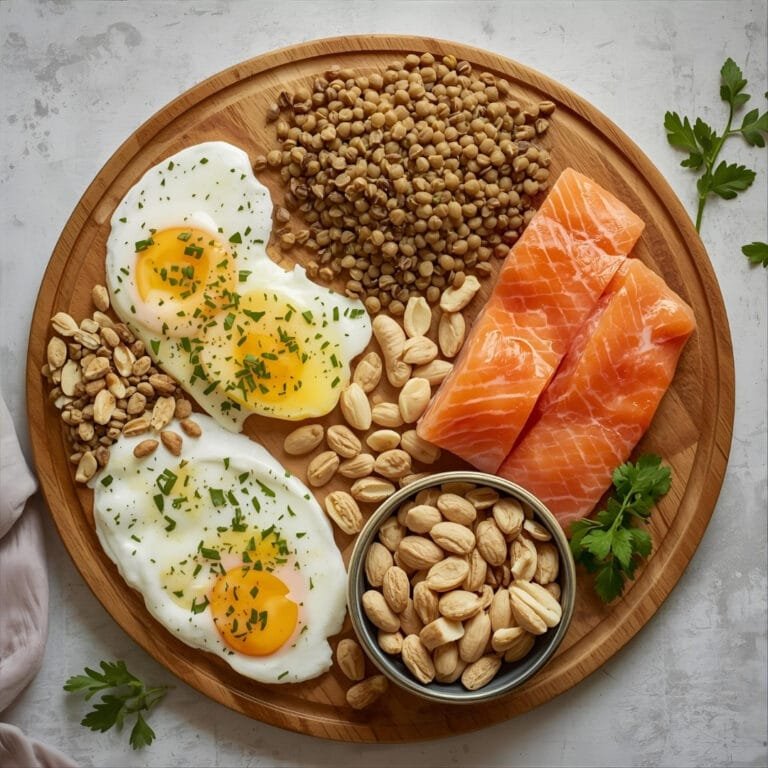Disclosure:
Thank you for reading this post, don't forget to subscribe!
Some of the links on this website are affiliate links. This means that if you click on the link and make a purchase, we may receive a small commission at no extra cost to you. Your support helps us keep the site running.Learn more on my Privacy Policy and Affiliate Disclosure page. Thank you for your support!
Have you ever noticed feeling sluggish after certain meals or energized at specific times of the day? If so, you’re experiencing the influence of chrononutrition—the science of aligning your eating patterns with your body’s internal clock. Understanding chrononutrition can significantly enhance your digestion, energy levels, and overall health. This comprehensive guide explores how optimizing your meal timing based on chrononutrition principles can transform your well-being.
read next:
What is Chrononutrition and Why Does It Matter?
Chrononutrition focuses on the timing of eating, emphasizing when you eat rather than only what you eat. This practice aligns dietary habits with your circadian rhythms, which govern various physiological processes in a 24-hour cycle. Research shows that eating in sync with your internal clock improves digestion, boosts energy levels, and supports metabolic health.
How Your Circadian Rhythm Affects Digestion and Energy
Your circadian rhythm regulates digestion, metabolism, hormone production, and sleep cycles. Eating out of sync with this natural rhythm can lead to digestive discomfort, disrupted sleep, lower energy, and metabolic issues like weight gain and insulin resistance. Aligning meals with your circadian rhythms can optimize your bodily functions, enhancing overall wellness.
The Benefits of Chrononutrition
Enhanced Digestion
Eating meals at times when digestive enzymes and stomach acids are most active (typically during daylight hours) improves digestion, nutrient absorption, and reduces gastrointestinal discomfort.
Increased Energy Levels
Strategically timed meals stabilize blood sugar levels and enhance your energy. Eating heavier meals earlier in the day can help sustain your energy levels and prevent afternoon fatigue.
Improved Sleep Quality
Chrononutrition supports better sleep by preventing late-night eating, which disrupts circadian rhythms. Better sleep contributes significantly to overall health and wellness.
Practical Guide to Chrononutrition: When to Eat for Optimal Health
| Meal/Snack | Optimal Timing | Ideal Foods |
|---|---|---|
| Breakfast | Within 1 hour of waking | Eggs, avocado, oatmeal |
| Lunch | Noon – Early Afternoon | Balanced meal, lean protein, vegetables |
| Dinner | 3 hours before bedtime | Light protein, vegetables |
| Snacks | Mid-morning, afternoon | Fruits, nuts, yogurt |
Breakfast: Your First and Most Important Meal
Studies indicate that eating a nutritious breakfast within an hour after waking optimizes metabolism and energy throughout the day. A breakfast rich in protein, healthy fats, and complex carbohydrates helps stabilize blood sugar and provides sustained energy.
Actionable Tip:
- Start your day with eggs, whole-grain toast, avocado, or a protein-rich smoothie.
Explore more breakfast ideas in our 10 Healthy Breakfast Ideas guide.
Lunch: The Ideal Time for the Largest Meal
Research suggests lunchtime (around noon to early afternoon) is when your digestive system is most active, making it optimal for your largest meal.
Meal Suggestion:
- Balanced meals with lean proteins, vegetables, whole grains, and healthy fats.
Dinner: Early and Light
Eating dinner at least three hours before bedtime aids digestion and enhances sleep quality. Choose lighter meals to facilitate digestion and prevent discomfort during sleep.
Ideal Dinner Choices:
- Light protein options (fish, tofu, chicken) paired with steamed vegetables.
Snacking: Strategic and Beneficial
Strategically timed snacks can maintain consistent energy levels and prevent overeating during main meals.
Snack Recommendations:
- Nuts and seeds
- Fruit paired with nut butter
- Yogurt with berries
Common Chrononutrition Mistakes to Avoid

Skipping Breakfast
Skipping breakfast can cause overeating later in the day and disrupt your circadian rhythm, leading to poor energy and metabolism issues.
Late-Night Eating
Eating close to bedtime negatively impacts sleep quality and digestion, increasing the risk of metabolic issues.
Chrononutrition and Special Diets
Chrononutrition principles apply across various dietary lifestyles, including vegan, keto, and Mediterranean diets. The key is meal timing consistency, regardless of dietary preference.
For insights on plant-based diets, read our guide Navigating Plant-Based Diets.
Recommended Resources for Further Learning
RECENT POST:
Boost Your Health with Chrononutrition
Adopting chrononutrition can significantly enhance your digestion, increase your energy levels, and improve overall health. By strategically timing your meals to align with your body’s natural rhythms, you can experience tangible health benefits and enhanced well-being.
Ready to Transform Your Health?
Start optimizing your meal timing today! Subscribe for more practical health tips, explore related wellness products, or read more articles on Morningscape Mindset Media.
MORE ABOUT:
health / fitness / wellness / nutrition
SHARE THIS ARTICLE

















